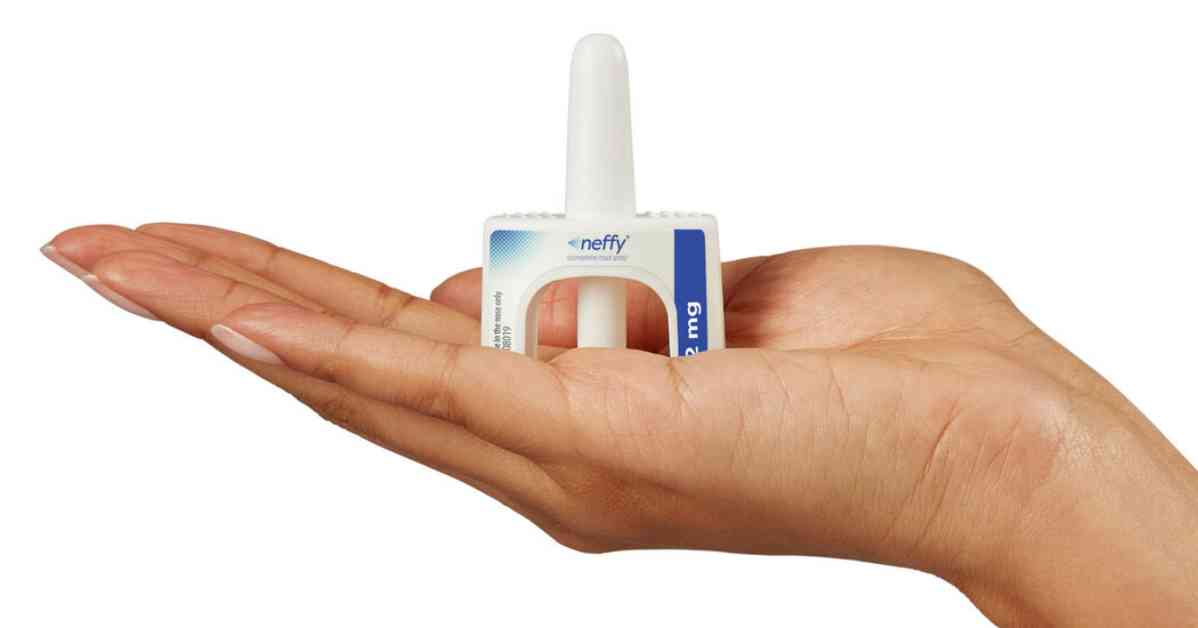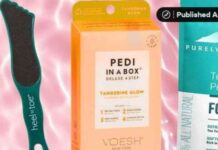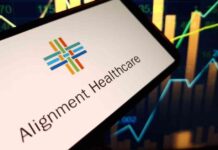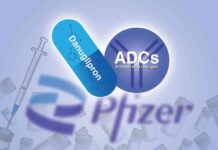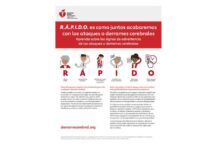**Needle-Free Treatment for Severe Allergic Reactions: A Game-Changer**
In the world of medicine, advancements are constantly being made to improve the quality of care for patients. One such breakthrough has recently been approved by the Food and Drug Administration – Neffy, the first needle-free treatment for severe allergic reactions. This innovative device delivers epinephrine, the life-saving drug found in the EpiPen, through a nasal spray, offering a new option for individuals experiencing severe allergic reactions.
**Addressing Needle Aversion**
Dr. Michael Blaiss, an allergist at the Medical College of Georgia, has witnessed firsthand the fear and hesitation that many patients experience when it comes to using auto-injectors like the EpiPen. Patients have been known to call his office in a state of panic, questioning the necessity of administering the injection, while others have expressed a reluctance to use the device altogether. This aversion to needles can have serious consequences, as delays in treatment can lead to potentially fatal outcomes.
For children, the fear of needles can be even more pronounced, with some going to great lengths to avoid receiving the necessary medication. Dr. Blaiss recalls one incident where a child ran away from their parent in a moment of distress, resulting in a comical yet dangerous situation where the parent accidentally received the injection instead. These stories highlight the real and immediate need for a needle-free alternative to traditional auto-injectors.
**Introducing Neffy: A Lifesaving Innovation**
The approval of Neffy by the FDA represents a significant milestone in the treatment of severe allergic reactions. By delivering epinephrine through a nasal spray, this device offers a non-invasive and user-friendly alternative to the traditional needle-based method. Dr. Blaiss believes that Neffy has the potential to save lives and alleviate the anxiety that many patients experience when faced with the prospect of using an auto-injector.
Patient advocates and allergists alike have long awaited an alternative to needle-based devices, recognizing the widespread fear and aversion to needles among the general population. Studies have shown that up to 30% of young adults and a significant number of children experience anxiety around needles, making it difficult for them to administer life-saving medication in times of crisis. Ilana Golant, founder and CEO of the Food Allergy Fund, has seen firsthand the consequences of needle aversion, with parents missing crucial windows of opportunity to administer epinephrine to their children, resulting in hospitalization.
**The Impact of Needle-Free Technology**
The introduction of Neffy represents a significant step forward in addressing the fear and anxiety associated with needle-based treatments. By providing a non-invasive and easy-to-use alternative, this device has the potential to revolutionize the way severe allergic reactions are treated. For patients who have previously avoided using auto-injectors due to needle aversion, Neffy offers a new sense of hope and confidence in managing their condition.
In addition to addressing the emotional barriers to treatment, Neffy also offers practical benefits in emergency situations. The nasal spray delivery mechanism allows for quick and easy administration of epinephrine, reducing the risk of errors and ensuring that patients receive the medication they need in a timely manner. This can be especially crucial in situations where every second counts and swift action is required to prevent a life-threatening reaction.
**Looking Towards the Future**
As the medical community continues to explore innovative solutions for treating severe allergic reactions, the approval of Neffy marks a significant milestone in the field. By offering a needle-free alternative to traditional auto-injectors, this device has the potential to improve outcomes for patients and reduce the barriers to accessing life-saving medication. With further research and development, we may see even more advancements in the treatment of severe allergies, ultimately leading to better care and outcomes for individuals in need.
